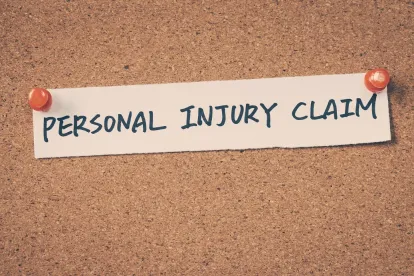You have already done quite a bit of internet research and likely found that getting to the answer can be a little more complicated than it sounds. Regular use of Singulair has been linked to severe mental health side effects, especially in children and young adults. These side effects can even include suicidal thoughts or actions, and can continue after a patient has stopped taking Singulair. This has given rise to lawsuits across the country against the makers of Singulair. So how do you determine if you or your children qualify for a Singulair lawsuit claim?
STEP 1: Confirm that you or your children took Singulair
“Singulair” is just the brand name of a popular prescription asthma, allergy and hay fever drug called montelukast (kind of like Xerox is just the popular brand name of a copy machine). Singulair was originally approved and produced in 1998 by the pharmaceutical company Merck. It is available in pills and granules and has been used by tens of millions of patients nationwide – many of those patients are children or young adults.
As the patent on Singulair has lapsed, several other companies now produce generic montelukast. You have also likely been told by now that generic drug companies are generally immune to lawsuits (yes and no – but you likely will have to prove that you were not just taking generic montelukast only). All of this starts to seem complicated, but you have to break it down into more manageable parts. First you just have to confirm that you used any name brand Singulair at all. If you took prescription Singulair, this can be easily shown by asking for a copy of your pharmacy records. If you are unable to access your pharmacy records, an attorney can help you with that.
Helpful hint: see the FDA’s latest findings and directives regarding Singulair here.
STEP 2: Confirm related diagnosis
In order to bring a claim, you have to show that you or your loved ones suffered an injury that can be attributed to Singulair use. As everyone knows, all mental health issues are not the same and all injuries cannot be attributable to Singulair use. But what types of injuries qualify?
The answer is that in these types of cases there are very few hard and fast rules, despite what anyone tells you. It is early in the litigation and claim requirements do, and will, change as the science and claims develop. Right now, we can only go by what we believe the science is telling us, and the science indicates to us at this point that to have a viable claim you will likely have to show a diagnosis of significant, continuing and disruptive presence one or more of the following:
-
agitation, including aggressive behavior or hostility
-
attention problems
-
bad or vivid dreams
-
depression
-
disorientation or confusion
-
feeling anxious
-
hallucinations (seeing or hearing things that are not really there)
-
irritability
-
memory problems
-
obsessive-compulsive symptoms
-
restlessness
-
sleepwalking
-
stuttering
-
suicidal thoughts and actions
-
tremor or shakiness
-
trouble sleeping
-
uncontrolled muscle movements
STEP 3: Contact an Attorney
Now that you have gone through the above steps and determined that you believe that you or your children took Singulair and Singulair caused severe mental health side effects, you will want to get some legal advice. Two things to keep in mind: 1) make sure to talk to a law firm that specializes in Singulair litigation; and 2) do not wait – there are different deadlines and statutes of limitations that apply to your claim. Do your homework and research the firm you will be working with – there is a good chance it will not be the same lawyer that handled your last speeding ticket, or one of the 800 numbers that flash across your television screen late at night. Put this on the top of your pile of things to do. Only bad things can happen if you wait too long to pursue a claim.




 />i
/>i
